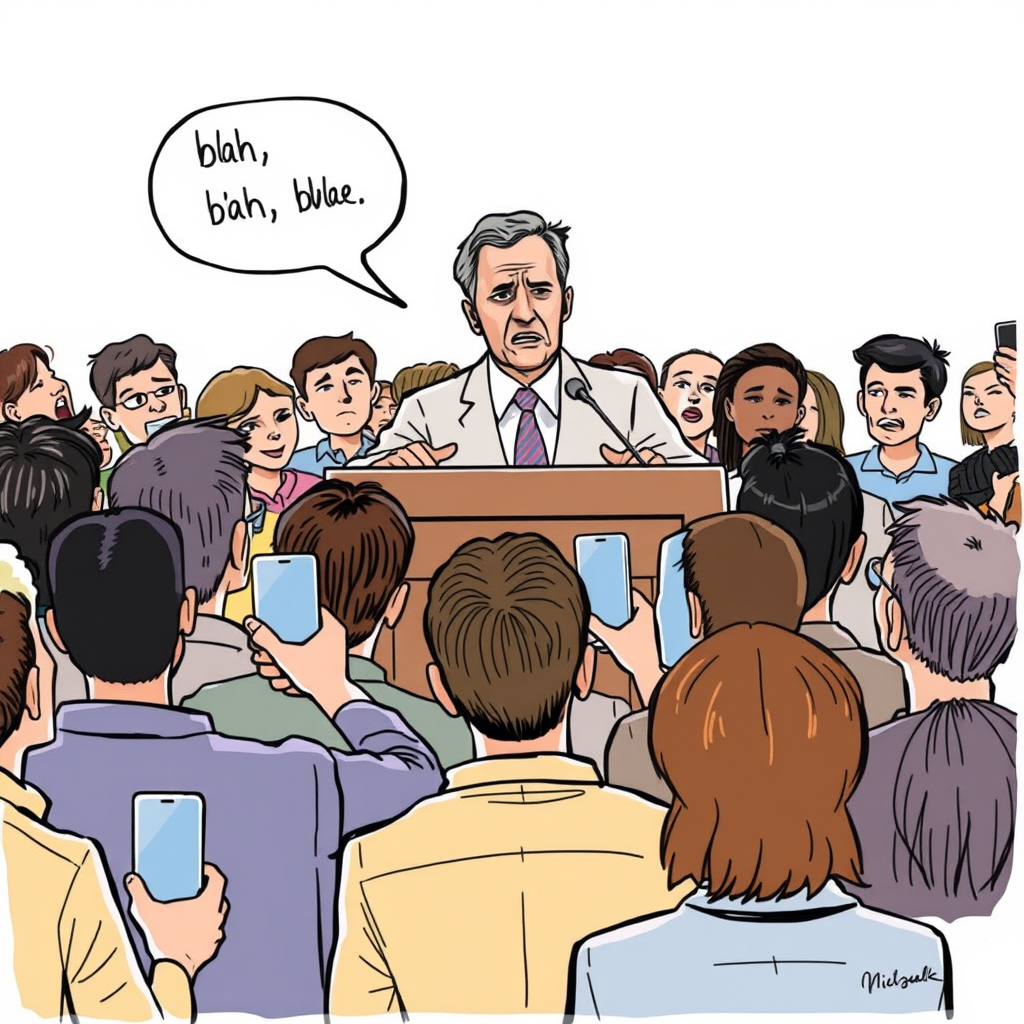GOP Town Hall Descends Into Chaos & Mockery

Republican Representative Mike Lawler faced a highly contentious town hall meeting Sunday night in Rockland County, New York, as constituents openly defied established ground rules and frequently interrupted his attempts to address their concerns. Reporting from The New York Times and numerous social media videos depict a meeting characterized by vocal disapproval and outright mockery, a stark contrast to the traditionally respectful format of such events.
Lawler’s staff implemented rules requiring proof of residency in New York’s 17th congressional district and prohibiting both audio/video recording and disruptive behavior like shouting. However, attendees largely ignored the latter two stipulations, readily documenting the proceedings on their phones and frequently voicing their discontent.
A constituent’s question challenging Lawler’s self-described “moderate” stance drew enthusiastic applause, while his response – citing a ranking as the fourth most bipartisan member of Congress – was met with laughter and groans. Further illustrating the tense atmosphere, attendees reportedly chanted “blah, blah, blah” as Lawler attempted to defend former President Trump’s tariff policies.
Times reporter Nicholas Fandos described the event as “combative and catty,” noting a rare instance of applause when Lawler defended vaccine use and criticized Robert F. Kennedy Jr.’s stance on vaccinations. However, Fandos’ overall assessment painted a picture of pervasive acrimony, with attendees engaging in confrontations with each other, Lawler’s staff, and even the police.
The meeting appears to have left no one satisfied, including Lawler’s supporters, who largely remained silent observers. This event underscores the deep divisions within the Republican party and the challenges facing moderate Republicans attempting to navigate a landscape increasingly dominated by partisan extremes. The open defiance of established norms at the town hall suggests a growing frustration among constituents and a willingness to directly challenge their representatives, signaling a potential shift in the dynamics of political engagement. It’s a worrying sign for civil discourse, but perhaps a necessary one if representatives are to truly understand the concerns of those they serve.